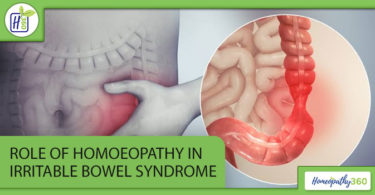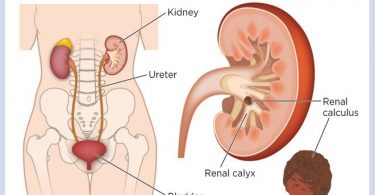Most likely many homeopaths with long-term practices come to the same conclusion: our patients are not the same as the patients we saw at the beginning of our career some 25 -30 years ago. Our cases are more complex and we have to adjust the way we deal with them. Basically this is the core idea behind ‘Homeopathy of the 21st Century’ or the ‘Noetic Approach’. We rounded up what makes it noetic: drawing on intuition as well as on method, defining the level of the problem, adjusting to the demand of the person, fine-tuning and individualizing potency and frequency of intake with the help of intuition and incorporating supporting health measures.
It starts with asking oneself before taking action: ‘what kind of case we have in front of us?’ This is not a trivial thing and often forgotten as we all too eagerly plunge into the details or supposed sensation words of our patients story. The students and homeopaths typically have this puzzled look on their face when I ask this question in the first break in a Master Class. We start our analysis after the first step of the anamnesis which I call ‘Defining the Territory’. In short: it is the answer to our opening question ‘what brings you here?’, ‘what can I do for you?’
The answer could be one word (sinusitis) or an avalanche of complaints, feelings, treatments and stories but at one point the patient will feel that he told you why he came. If not already spontaneously added, we ask everything about the Chief Complaint. That is our first round. By then we should know ‘what kind of case’ this is. Common or never-heard-of? Severe pathology or minor complaints? Level one-, two-, three-, four-symptoms? Second dimension case or Third Dimension? Recent problem or all his life? Average personality or eccentric? And so on.
These are clearly only a few possibilities; the more words we can put on this ‘first impression’, the surer our prescription will be. The answer contains the evaluation of the nature of physical disease as well. Even in Hahnemann’s classification of diseases we find three kind of chronic diseases: the real miasmatic ones, the ones resulting from allopathic treatment and the ‘not-real’ chronic diseases due to lifestyle. For these reasons lots of homeopaths specialized in detoxing the patient first . Others have chosen the path of nutrition and have amazing results (Nandita Shah for instance, brings about miracles with a balanced vegan diet and relaxation, Gerson therapy cures given up cancer patients with juicing and coffee clysters).
I use in my practice the accumulated knowledge gathered for decades in the fields of Herbal Medicine, Aromatherapy, Bach Flowers internally and externally, Colloidal silver, nutrition, Schuessler Salts. When I think it is helpful I’ll refer the patient to the osteopath, to yoga practice, massage, shiatsu and the like.
On one hand prescribing similima became easier with my foreknowing but on the other hand many patients in the contemporary context don’t seem to suffice with it. Where the similimum used to deal with all levels, now we see that blockages from medication, lifestyle and stress often prevent a prompt reaction.
Not because stress is a trendy word it isn’t serious. In continuous stress the organism stays in flight-fight-freeze modus, we call the survival modus. Functions like immunity and repair are then set ‘on hold’. This is not a problem in acute stress but in chronic stress the organism never gets in the relaxation modus and only then it can bounce back and reach homeostasis. We all know this and yet continue stressing out while trying to squeeze an appointment in our all too busy schedule with the doctor or the homeopath for a pill against it. Taking medication to silence the alarm function of our organism certainly is not a good idea despite the fact that scientific minds seem to think taking a ‘feel good ‘ pill is a rational decision.
It doesn’t mean we have to resign to the inevitable; that is how the world is today… and neither that we‘ll get away with it forever. It isn’t the homeopaths fault that a totally depleted Immune system, chaotic hormonal system and an overtaxed neurological system not only need a remedy but rest as well! Relaxation. Repose. Taking time for repair and replenish. This is not in the pill but in the hands of the patient.
Sometimes the healthy step is to withdraw from an unhealthy environment… not receiving a support to bear it longer.
Source: The White Room




